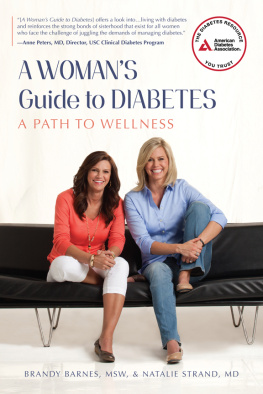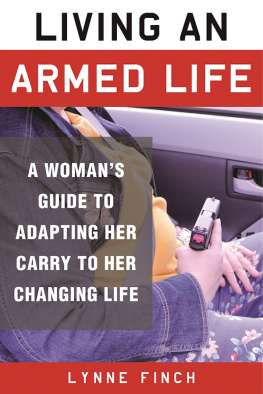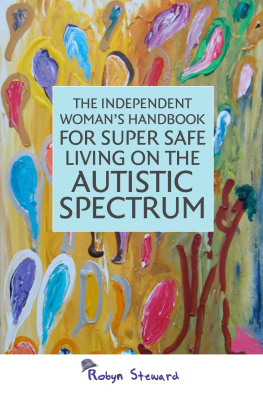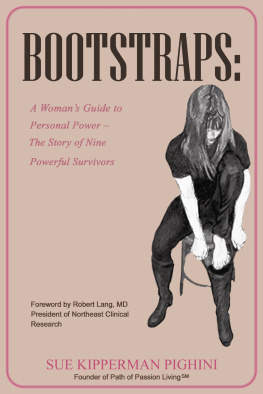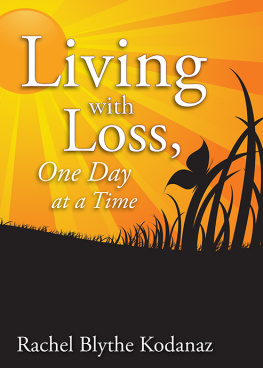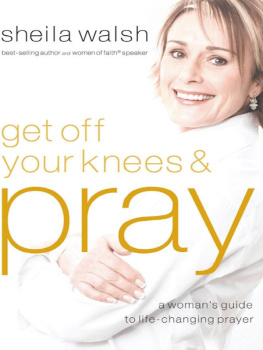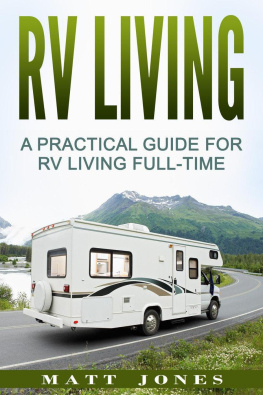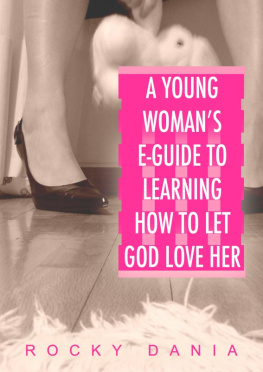a womans guide to living alone
A Womans Guide to
living
alone
10 Ways to
Survive Grief
and Be
Happy
PAMELA STONE

Copyright 2001 by Pamela Stone
All rights reserved
No part of this book may be reproduced in any form or by any meansincluding photocopying and electronic reproductionwithout written permission from the publisher.
Published by Taylor Publishing Company
1550 West Mockingbird Lane
Dallas, Texas 75235
www.taylorpub.com
Library of Congress Cataloging-in-Publication Data
Stone, Pamela.
A womans guide to living alone : ten ways to survive grief and be happy / Pamela Stone.
p. cm.
Includes bibliographical references and index.
ISBN 978-0-87833-250-2
1. Divorced women. 2. Widows. 3. Single women. 4. Middle age. I. Title.
HQ814 .S7937 2001
646.7'0086'52dc21 00-064885
10 9 8 7 6 5 4 3 2 1
Printed in the United States of America
Contents
Acknowledgments
This book could not have been created without the care and guidance of the following: My editors at the Dallas Morning News, namely Connie Dufner and Paula Watson, who allowed me to pursue dynamic stories on womens issues; Monday Night Writers Group, who pored over my original material; Tejas Writers Group, who advised me on the publishing process while never failing to boost my confidence; and to individual writersDeborah Wormser, Neila Petrick, Dena Hill, and also Sally Ridgway Proler, my loving friend and mentor, one who has always cheered me on.
Special thanks goes to my agent, Jane Dystel, President of Jane Dystel Literary Management, who always believed in me and this project; she never lost sight of the importance of this book. To my editor, Camille Cline, whose gentle approach but firm hand helped shape this manuscript; and to the staff at Taylor Publishing, whose energy and dedication made this book come to life.
With great appreciation, I thank my husband, Jack Ciaccio, a great writer, who never lost sight of my goals. His patience and care helped me complete this effort.
In addition, I thank my brothers and sisters, who have always believed in me, and my parents, who are my angels looking on. My children, Jacque and Christin: thank you for enduring my chaotic spurts of creativity for your entire lives. Your spirit, strength, and sweetness have inspired me and nudged me on.
In closing, this book could not have been written without the powerful voices of the women interviewed. These women patiently shared their stories in hopes of touching others lives. Without their honest testimonials, I would have no book. And readers would not have the opportunity to discover the joy of living alone.
Introduction
a womans guide
to living alone
10 Ways to Survive Grief and Be Happy
Meredith had the perfect marriage.
For 21 years, she and her husband rarely argued. They were close to their only child, and Merediths husband, a wealthy Boca Raton entrepreneur, provided her with a lifestyle of golf, tennis, and trips to Europe.
Then, one day, her husband asked 47-year-old Meredith if he could have an affair with his secretary. Shocked, Meredith adamantly refused.
That night, he moved out and Merediths world fell apart.
Like many women who become suddenly single, she wondered why her husband fell out of love with her.
She is not alone. According to experts, middle-aged women are the fastest-growing singles group. The National Center for Health Statistics reports that of women married before 1974, at least 50 percent have experienced divorce or widowhood. This figure is rapidly growing with the maturation of the baby boomers.
Losing husbands and lovers is never easy. Some women lose their men by choice; others have their loved ones stolen from them by illness and death. Their stories are painful and full of despair. But, after a time, these women turn a corner, and many discover the joy of living alone.
A Womans Guide to Living Alone: Ten Ways To Survive Grief and Be Happy serves as a survival guide for these women. It focuses on women 35 and over who have experienced loss and overcome it. Many of these women found themselves suddenly alone. This book reveals what sustained them and what brought them through their grief.
Through interviews and testimonials, readers will meet numerous women who were painfully unaware of the demands of living alone. Whether through divorce or death of a spouse, these women had to adjust to their new independence. Many started new jobs. They established credit in their own names. And some raised their children by themselves.
They stumbled, struggled, and sometimes went hungry. But slowly, they began to rebuild their lives.
This is their story.
Chapter One
getting through
the grief
When Susie Smoot-Brown returned to college after a divorce, she was raw from a marital breakup. She knew that anything was better than going home and crying night after night, so she did something about it.
While working in the college counseling office, she turned her grief into something positive. She started a support group for women going through the same experiences. To me, divorce is like an amputation without a sedative, and all of us need to talk about it, she says.
Three years later, Ms. Smoot-Brown, now a college professor, continues to serve as the support group leader. She encourages women to share their feelings concerning their grief. Each week twelve women meet to discuss their progress as they try to rebuild their lives as singles. I dont think you can drop a screen and say, Thats the end of that feeling, Ms. Smoot-Brown tells her group of participants. Progress is one step at a time, a journey, and I see changes in this group each week.
Grief. It comes on like a heavy fogfilled with pain, uncertainty, and fear. Occasionally, the fog lifts, says Marilyn Dickson, a national grief consultant, but you walk in it a long, long time.
Barbara, 63. Like many widows, her life came to a screeching halt the day her husband, Richard, died.
She discovered he had numerous personal debts. He was underinsured, and he had provided no college funds for their children. In addition to living alone, Barbara had to adjust to working full time as a receptionist in a friends office. Suddenly, I traded the status of being a dentists wife for doing clerical work at little pay, says Barbara. I was no longer accessible to my friends for lunch or club meetings. And I was taking orders from a person who I used to go to parties with. It caused me to lose my self-esteemI was lonely and embarrassed by my situation.
A sense of alienation and depression is common among people who have lost a loved one. And, as in Barbaras case, it is not uncommon for people who suffer loss to experience feelings of panic and think: Will I ever get over this? Will my life be like before? Although you may not realize it, thousands of women discover the answer is usually yes.
WHAT IS GRIEF?
Grief may occur in various stages: shock, denial, anger, depression, guilt, emotional release or letting go, and then acceptance. There may be physiological effects, too, including not sleeping, chest pains, rapid heartbeat, and so on. These feelings and manifestations may hit you like waves on a beach, coming and going at different times.



